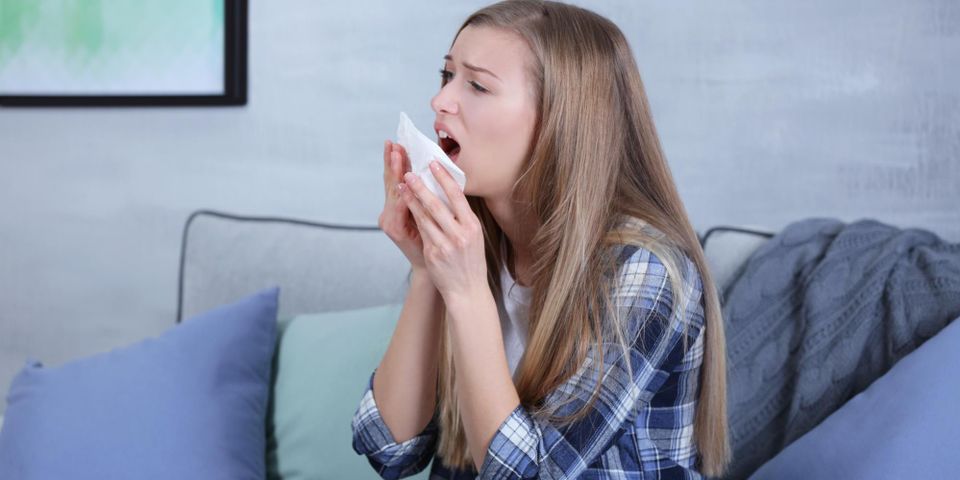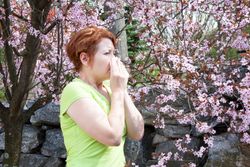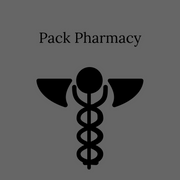
During allergy flare-ups, people often find the need to visit drugstores for hay fever medication. Whereas exposure to bacteria and viruses can bring on a cold, hay fever is triggered by breathing in a specific allergen. To start feeling better, below is a guide to types of hay fever and treatment options.
What Are the Types of Hay Fever?
Hay fever is caused by the immune system’s reaction to a specific airborne particle. Although the substance isn’t dangerous, your immune system perceives it as a threat. In response, the body releases histamine into the blood to fight off the invader.
People experience seasonal or perennial hay fever. Seasonal hay fever develops during certain times of the year, typically from spring to fall—when the substance that causes the allergic reaction is prevalent in the environment.
People allergic to grass pollen, for example, might get hay fever in late spring or summer when grass is pollinating, while those allergic to tree pollen will feel sick in early spring. Perennial hay fever can occur year-round, as it is triggered by allergens that are constantly present, such as dust mites and pet dander.
What Are the Symptoms?
 Hay fever develops immediately after your immune system is exposed to the allergen. In response, you could develop a runny nose with watery nasal mucus. The nose, eyes, and throat can also become itchy and irritated. Hay fever can also cause you to cough and feel rundown. The symptoms will last as long as you are exposed to the allergen.
Hay fever develops immediately after your immune system is exposed to the allergen. In response, you could develop a runny nose with watery nasal mucus. The nose, eyes, and throat can also become itchy and irritated. Hay fever can also cause you to cough and feel rundown. The symptoms will last as long as you are exposed to the allergen.
If you have other allergies or a biological parent or sibling who does, the odds are greater you could develop seasonal or perennial hay fever. Spending a lot of time in a home or workplace with dust mites and pet dander can also cause perennial hay fever. Adult-onset hay fever develops due to a weakening of the immune system.
How Do You Treat Hay Fever?
Speak to your doctor or pharmacist at a drugstore about hay fever medication. Nasal corticosteroids, such as Nasonex® and Rhinocort®, are prescription sprays that stop nasal inflammation, irritation, and discharge caused by hay fever. The Singulair® pill and other leukotriene modifiers prevent the chemical leukotriene from prompting your immune system to trigger allergic reactions to different stimuli.
To unblock nasal passages, try rinsing them out at home with distilled water or a sterile saline solution. Slowly pour the liquid into one nostril at a time using a squeeze bottle or neti pot. This will flush out the mucus.
If you have hay fever, contact Pack Pharmacy for help. Tell the pharmacist at this Cincinnati, OH-based drugstore about your symptoms, and they will provide advice on which prescription or over-the-counter medicine will provide relief. For a pharmacist consultation, call (513) 871-7770. Visit the drugstore online for a list of featured products.
About the Business
Have a question? Ask the experts!
Send your question

